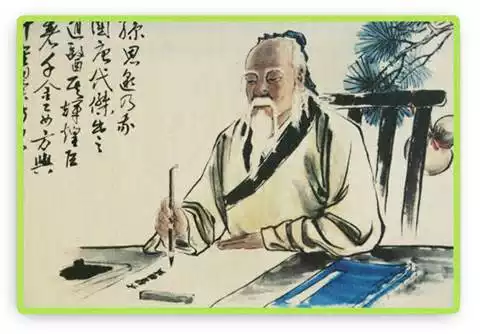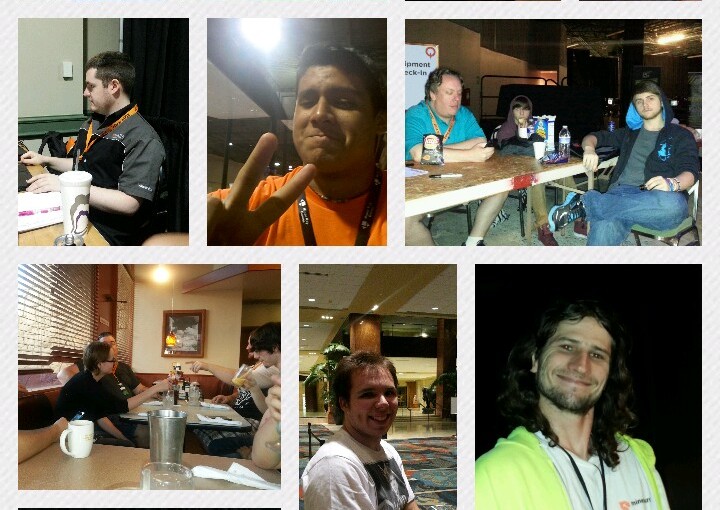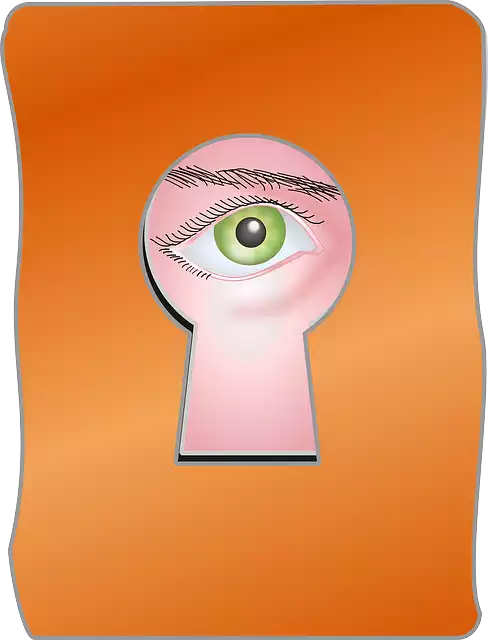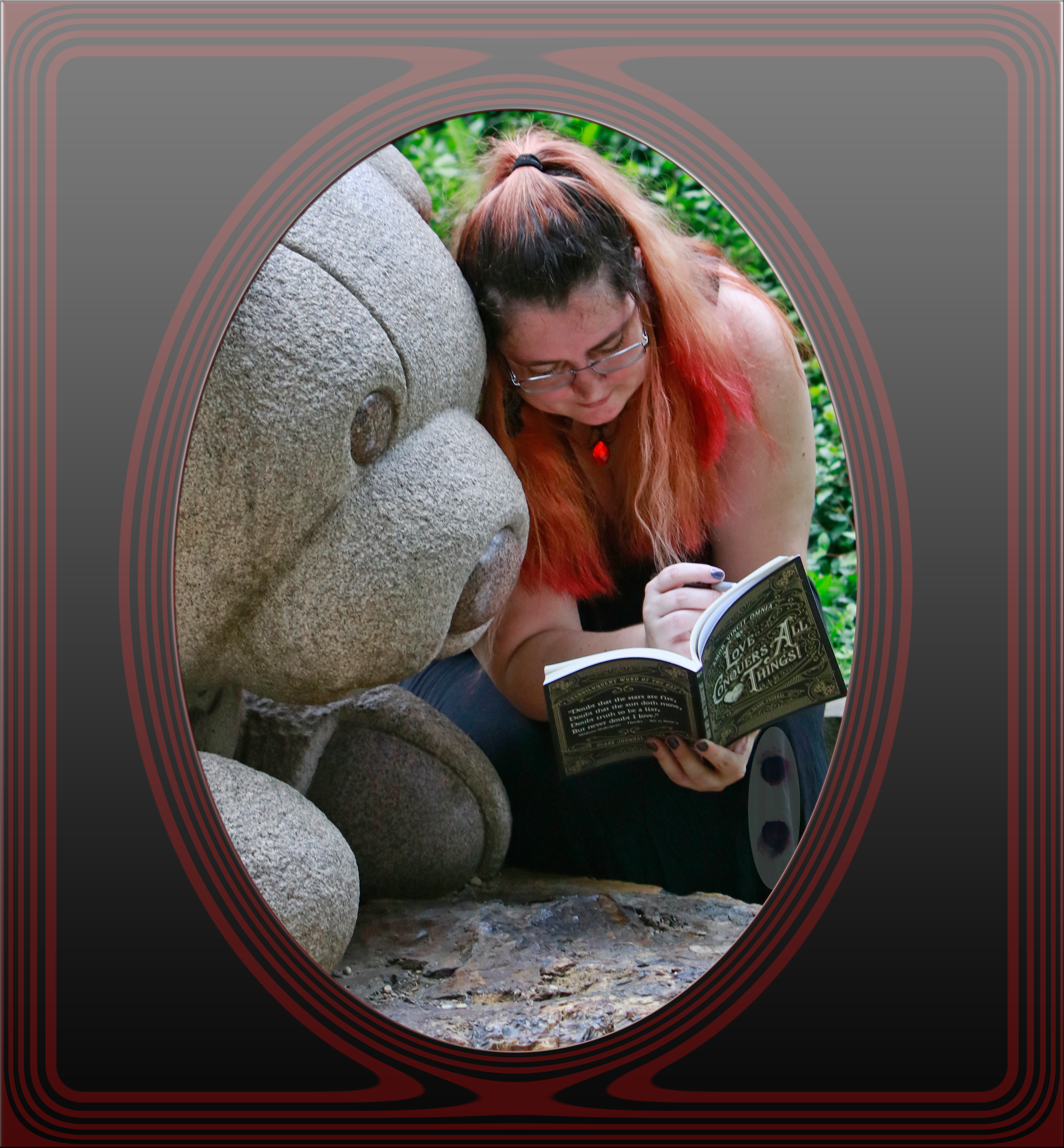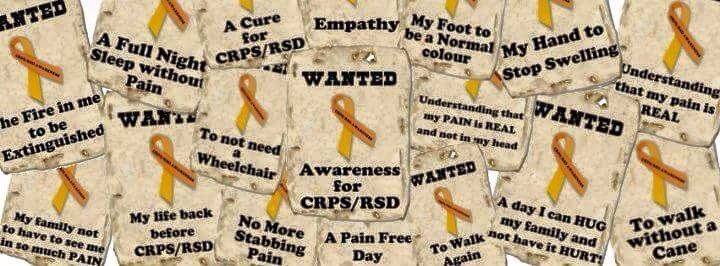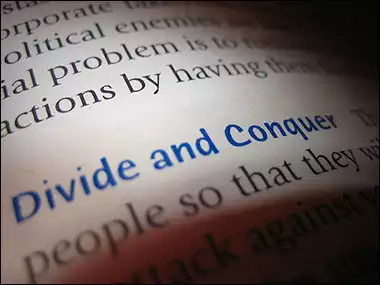Now I know Simone said that she was a student of Sartre’s philosophy, but I think she was in fact his mentor, and he was the student who only half listened to the teachings. Simone not only produced the initial work that Sartre then expanded on for his Being and Nothingness, but also he used many examples from her book to emphasize his perspective. Often times Sartre did no expanding his arguments beyond that particular example.
Her writings in Ethics of Ambiguity definitely highlight the depths of her differences from Sartre while carefully hiding her thoughts in obscure contrasts and word choices. In uses of the words tragic, joy, and nature she highlights things that would otherwise be passed over by others as typical adjectives and words in common sentences.
How do these words accentuate her concepts any differently than if another were to write the same words. Well, being that “nature” is part of the in-itself it really can not be a stand alone being so there for bringing it into the foreground to Sartre would be giving up your own freedom and be giving it to “nature.” Also joy is an emotion which Sartre seems to have a large problem with. Tragic implies fate, which for Sartre would be detrimental to his concepts in Being and Nothingness which depend on freedom from everything.
These concepts not only does she use in her text but she also is very passionate about her discussions on them. She argues that ethics and actions on the individual level are still conscious regardless of the aspect of God being in place or not. She also discusses the paradoxical concept that once man considers himself free, he gives up the capability to wish.
Simone also discusses the concept of human spontaneity and the fact that despite it’s capability of being free, normally there is an intended direction that that being is striving for. That this intention to be free still hinders our freedom in the fact that any project we take up limits us on what projects we might have else taken up in its stead.
Sartre defines being as taking up projects and taking up projects to make yourself free despite any situation should in turn allow you to be free when that project is completed. But if this were the case, the next project taken up could define our being and again cause a lack of freedom.
Simone also argues disclosure is the path to finding freedom not simply defining what the obstacle is not. To list everything that something is not to determine its being just creates it, but does not give it the status of for-itself. You have to disclose it to the world to give it its being.
Sartre had a hard time arguing much of his concepts between the differences between the for-itself and the in-itself due to the conflict he perceived in having more than one for-itself in existence. He did not argue there was not the capability of being more than one, but he asserts that in order for two entities to be in one room, one must give way to being an in-itself for the for-itself to emerge.
This is also a topic that Simone discusses in Ethics of Ambiguity that expresses a conflict with Sartre’s book. She discusses fairly frankly in the fact that in order to become an in-itself the person who opts to do so, does willingly, and that it does not require shame to occur. This is a concept that Sartre depended on in his arguments to define the concept of for-itself and in-itself. To choose to give up your self at your own will, is a freedom and that in acting the right to do so is one of several things that not only did Sartre not discuss, but Simone seems to have a conflict with him not doing so.
Simone also touches on topics that Sartre does not that are very commonly seen themes in her book She Came to Stay. She points out the personalities and interactions with people and the 5 general stages of being and how they inter-relate. Subhuman, serious, nihilist, adventurer, and the passionate, express different aspects of being that Sartre vaguely touched upon.
Passionate is very closely related to the masochistic concept in the aspects of how they relate to each other, but Sartre leaves it as masochistic and sadistic as it’s opposite. He doesn’t discuss the concept that there is a concept of thought that can lead to or it can become after it has been satiated, which Simone calls the “serious” person.

